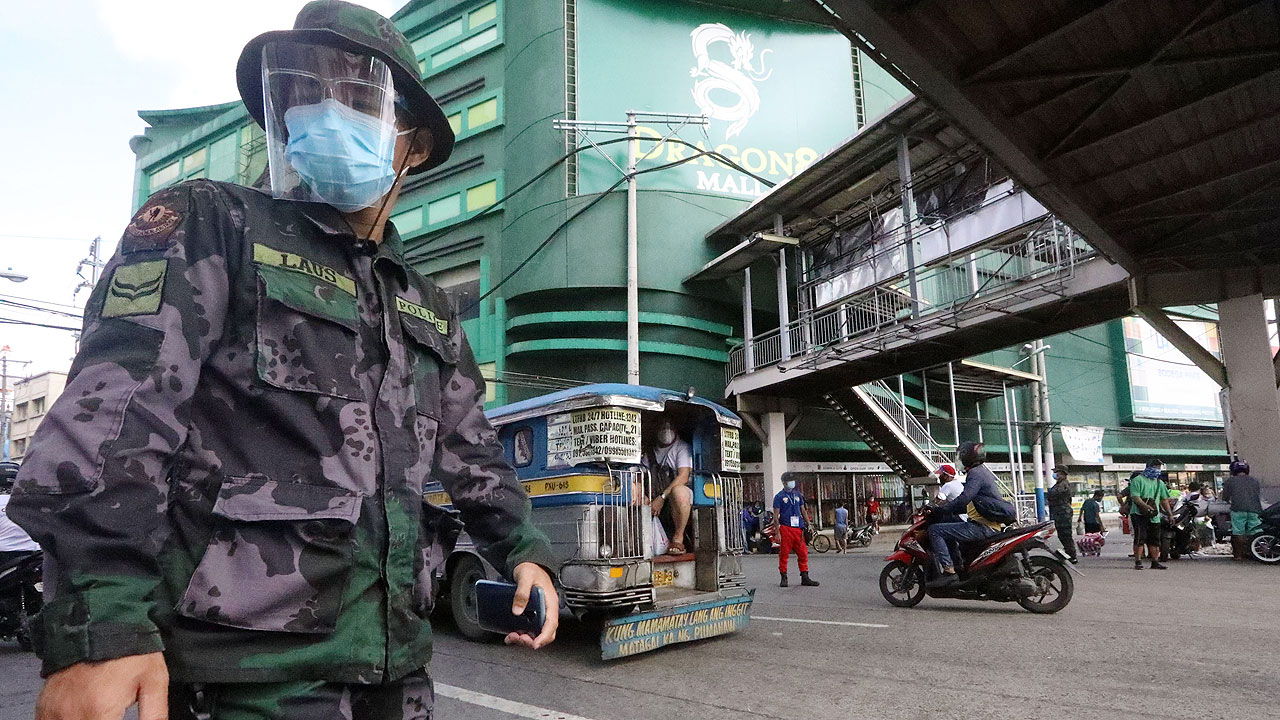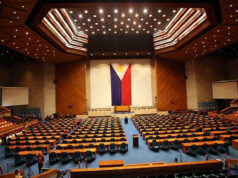Manila slips in Safe Cities Index

By Jenina P. Ibañez, Reporter
MANILA is again one of the least safe cities in the world after it dropped eight spots in a biennial index released by The Economist Intelligence Unit.
The Philippine capital ranked 51st out of 60 cities in the 2021 Safe Cities Index after ranking 43rd in the 2019 report and 55th in 2017.
Manila scored 52.5 in a scale of 0 to 100, where 100 signifies the best city health.
The index ranks cities according to five factors — digital, health, infrastructure, personal, and environmental security.
Manila’s biggest decline was seen in personal security, falling by 15 spots to share 55th place with Bangkok.
The city also dropped six places in both infrastructure and health security to 52nd and 54th, respectively. Manila also fell four places to 49th in digital security and secured the 41st spot in environmental security.
The report released on Monday said health security must be revisited due to the coronavirus pandemic. It said there has to be a holistic understanding of urban health, including addressing both transmissible diseases and those that cannot be passed from person to person.
“Focus on the interaction between societal issues and health points to the largest likely shift that the pandemic experience will bring to urban health security,” according to the report.
But 2021 data may not be directly comparable to previous years due to a change in methodology.
Pratima Singh, project director of the Safe Cities Index 2021, said the pandemic impacted their definition of urban safety, pushing them to include pandemic-related metrics and a pillar on environmental security.
However, he said in an email that “health and personal security should be a focus in Manila to improve overall rankings.”
But 2021 data may not be directly comparable to previous years due to a change in methodology.
Pratima Singh, project director of the Safe Cities Index 2021, said the pandemic impacted their definition of urban safety, pushing them to include pandemic-related metrics and a pillar on environmental security.
However, he said in an email that “health and personal security should be a focus in Manila to improve overall rankings.”
Colliers Philippines Senior Research Manager Joey Roi H. Bondoc said Manila’s low ranking might affect international tourist arrivals, which could hurt the hospitality industry’s recovery from the pandemic.
“It is a double whammy because of the pandemic’s impact on tourism and in attracting investments in general,” he said in a phone interview.
“It weighs down on our efforts to grow at a much faster pace post-pandemic so it might retard the efforts for Philippine tourism and investment at a stronger pace.”
The world’s top five safest cities were Copenhagen (Denmark), Toronto (Canada), Singapore, Sydney (Australia), and Tokyo (Japan), all of which scored at least 80 points.
After Singapore, Kuala Lumpur was the safest among Southeast Asian economies at 32nd, followed by Bangkok (43rd), Ho Chi Minh City (45th), and Jakarta (46th). Yangon in Myanmar ranked last.
The report said income and government transparency are strongly linked with higher index scores.
“Income can help fund safety-increasing investments, but economic growth in turn depends on an environment benefiting from every kind of security. The likely relationship here is a virtuous circle,” it said.
Clean government, it added, is needed to create safe cities.




